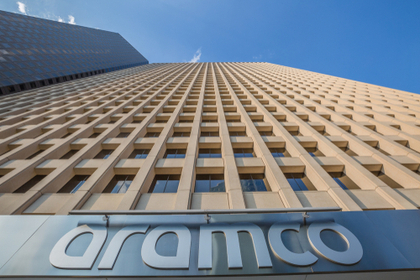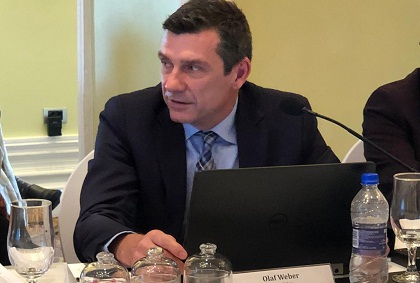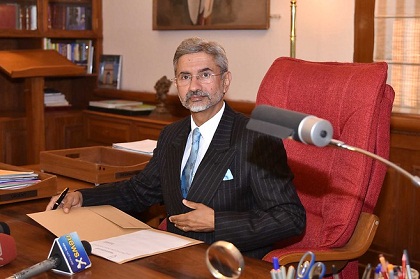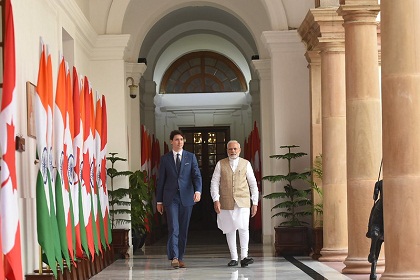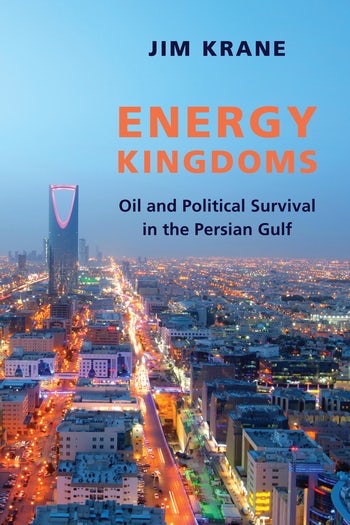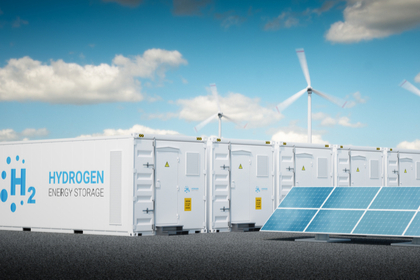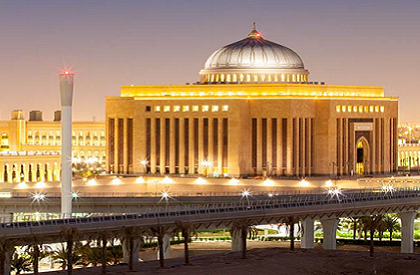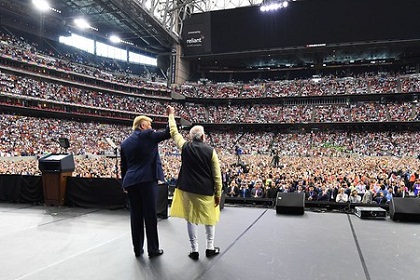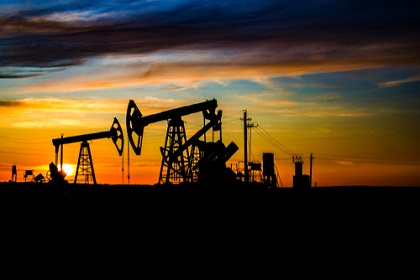The mystery of Aramco’s stock price
The rise in Saudi Aramco’s stock price within two days of its IPO in November 2019, has taken the company’s market value past the $2-trillion mark. This valuation should not be taken at face value for the offering is miniscule, and closely linked to the ruler's prestige rather than stock market fundamentals

